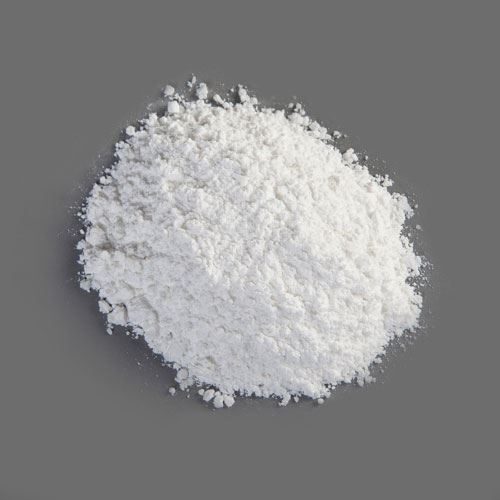Calcium stearate, a compound of calcium and stearic acid, is one of the most widely-used additives in various industries ranging from plastics to pharmaceuticals. This waxy, water-insoluble substance is a white powder that is odorless and tasteless. The substance serves mainly as a release agent, lubricant, stabilizer, and water repellent across a variety of applications. Its multi-purpose nature makes it invaluable in different industries, contributing to the efficiency and functionality of numerous products. Below we delve into the diverse roles that calcium stearate plays in different industries, its properties, and its advantages and disadvantages.
Chemical Structure and Properties
Calcium stearate is a calcium salt of stearic acid, represented by the formula [C18H35O2]2Ca. It is a white, waxy powder, insoluble in water but soluble in oils and other organic solvents. These chemical properties make it useful as a lubricant, surfactant, and water repellent in various applications.
Role in the Plastic Industry
Calcium stearate serves as a stabilizer and lubricant in the plastics industry, enhancing the performance and longevity of various plastic products. During the extrusion or injection molding processes, it helps in preventing the plastic from sticking to the equipment. This allows for a smoother flow of the melted plastic, thereby making the manufacturing process more efficient. In the case of PVC (Polyvinyl Chloride), calcium stearate acts as an excellent stabilizer, preventing the degradation of the material due to heat.

Application in the Food Industry
Calcium stearate is considered safe for human consumption and is utilized as an anti-caking agent in various food items such as spices, candies, and baked goods. The additive acts to prevent the individual particles in these foods from sticking together. Due to its water-repelling properties, it is also used to provide a gloss on certain fruits and vegetables.
Pharmaceutical Applications (Role of Calcium Stearate as Additives)
In the pharmaceutical sector, calcium stearate plays a role as an excipient. It serves as a flow agent in tablet production, enabling uniform mixing of active ingredients and other additives. It’s often included in formulations to improve the compressibility and flowability of the powder mix, thereby ensuring a uniform tablet weight and content.
Role in Cosmetics and Personal Care
Calcium stearate is commonly found in personal care products such as eyeliners, eyeshadows, mascara, and foundations. It serves as a consistency regulator and emulsion stabilizer, offering a smooth and creamy texture. It also imparts water-resistant properties to some cosmetics, allowing for long-lasting effects.
Environmental Concerns
While calcium stearate is generally considered safe for human consumption and environmental exposure, questions are raised about its sustainability. It is commonly derived from palm oil, which has been under scrutiny for its impact on deforestation and habitat destruction. Therefore, some manufacturers are exploring the development of bio-based or more sustainable versions of calcium stearate.
Health Considerations
Generally Recognized as Safe (GRAS) by the Food and Drug Administration (FDA), calcium stearate has a long history of safe use. However, excessive consumption, usually well beyond typical dietary intake, may lead to digestive issues. Some people may also exhibit allergic reactions to products containing this additive.
Advantages and Disadvantages
Advantages
- Versatility: Suitable for a wide range of applications.
- Cost-effectiveness: Relatively inexpensive to produce.
- Stability: Offers thermal and pH stability to various formulations.
Disadvantages
- Limited Solubility: Insoluble in water, requiring specific conditions for certain applications.
- Sustainability: Ethical and environmental concerns, especially when sourced from palm oil.
Conclusion (Role of Calcium Stearate as Additives)
Calcium stearate serves a multifaceted role across several industries, due to its versatile physical and chemical properties. Whether it’s making the manufacturing of plastics more efficient or stabilizing the consistency of a cosmetic product, the additive offers a wide range of functionalities. As we continue to make advancements in technology and chemistry, it is likely that new applications for calcium stearate will be discovered, solidifying its status as a vital industrial additive. However, attention to its sustainability and health impacts will remain crucial as its utilization continues to expand.
